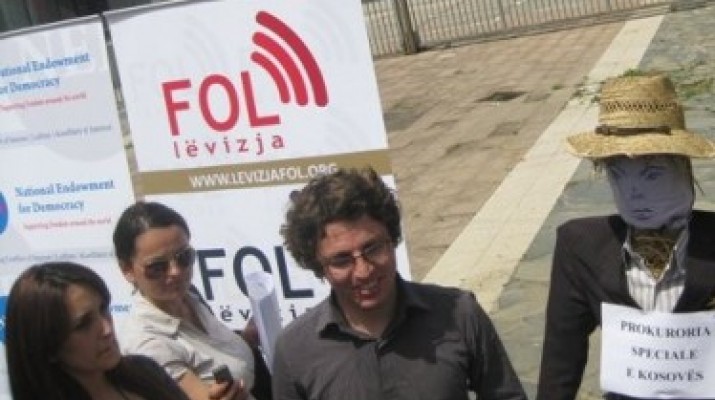Transparency: A reality unknown to Kosovo politicians
Prishtina, 28 September 2011 -On the occasion of The International Day of the Right to Know, FOL Movement expresses its concern about the lack of transparency of the institutions in our republic. Kosovo institutions, unfortunately still continue to be closed for citizens of Kosovo.
Movement FOL has consistently required public institutions to be transparent about their decisions, activities and actions. However, our requests in most cases have been ignored, including other requests from civil society and media. An example was the constant demand of civil society for transparency of negotiations between Kosovo and Serbia, then the request to make public all expenditures of public money, then the request to some ministries to open up procurement offices, etc. FOL believes that this lack of transparency is one of the most serious threats of democratization processes that our country is facing.
Furthermore, the Kosovo government has not only been transparent in relation to citizens of Kosovo, but neither to the only democratic body in the country, the Assembly of Kosovo. In this sense, some parliamentarians often complained that regarding some issues they did not have the slightest idea what was going on, such as the case of highway construction contracts and negotiations between Kosovo and Serbia, but that”s not all.
Precisely because of this lack of transparency of public institutions, FOL, last year has filed two complaints to the Municipal Court of Pristina because of the refusal of two applications by the Ministry of Infrastructure and the Municipality of Prishtina, regarding making public the construction contract of the highway and access to real estate documents of some state leaders. Even after a year, FOL has not received any information about the status of these cases, which shows political influence in the judiciary.
Therefore, FOL requires institutions of the republic to be transparent and accountable to the citizens of Kosovo, since this is the minimum requirement of democracy.
